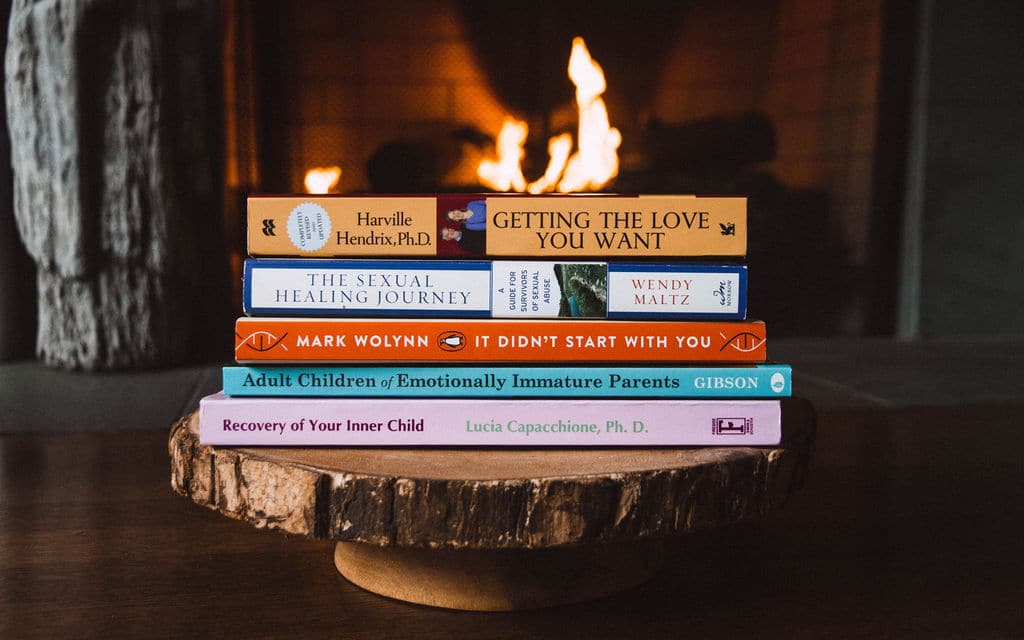Just ten years ago, trauma was not part of the mainstream conversation. When we heard the word “trauma”, most people imagined a serious car accident, or something “catastrophic”. Fast forward to the present day, and our understanding of trauma is much more nuanced. And fortunately for our generation, there are endless resources on how to heal and recover.
Today, we understand that trauma doesn’t look one way and that in a sense, there’s no clear cut definition of what trauma is or isn’t – because trauma is about the perception of an event, not the event itself.
Any event that causes the nervous system to adapt, shut down, freeze, or flee is by definition, a “trauma”. Any event that interrupts the nervous system in such a way that it over-reacts to future perceived threats, is a trauma.
It would be safe to say, the majority of us carry trauma in some shape or form. Be it ancestral trauma, generational trauma, sexual abuse, abandonment, loss, divorce, betrayal, poverty, and all of the lines you can color in between.
We are slowly waking up to the ways in which we invalidate our experiences and brush them off as “fine” when really, they are still alive in our bodies.
We see trauma living out in the present-day through:
- Addictions and substance issues
- Domestic violence
- Depression and Anxiety
- Self-Harming Behaviors
- Major relationship struggles, and isolation tendencies
- Fear of connection and love
- Stress disorders, low cortisol (fatigue/exhaustion)
- High divorce rates
- Family secrecy
- Shame
- Fear of vulnerability
- Disrupted nervous systems, chronic pain, auto-immune disorders
We cannot outrun our past. Someway or another, trauma finds a way to be heard. In many cases, its expression is catastrophic to our relationships. It can cause us to feel untrusting in love, pull away from connection, and sabotage a good thing. Healing is not just about acknowledging our pain but in teaching the nervous system how to feel safe again after a traumatic experience occurred. No matter how long ago, or where we are in the journey, healing is possible.
Here are 7 Books on Healing Trauma and Recovering from a Painful Past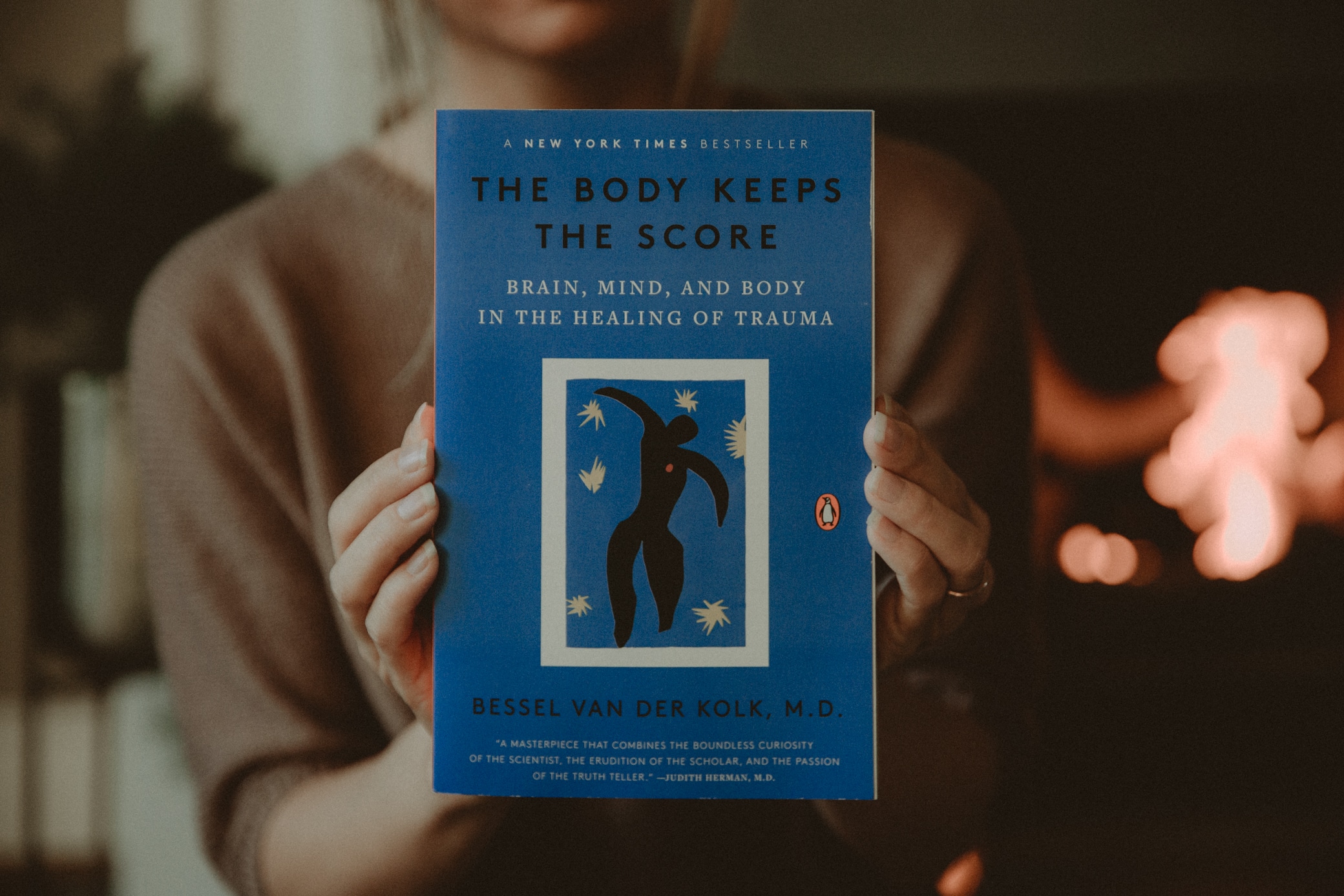
“We have learned that trauma is not just an event that took place sometime in the past; it is also the imprint left by that experience on mind, brain, and body. This imprint has ongoing consequences for how the human organism manages to survive in the present. Trauma results in a fundamental reorganization of the way mind and brain manage perceptions. It changes not only how we think and what we think about, but also our very capacity to think.” – Bessel Van Der Kolk
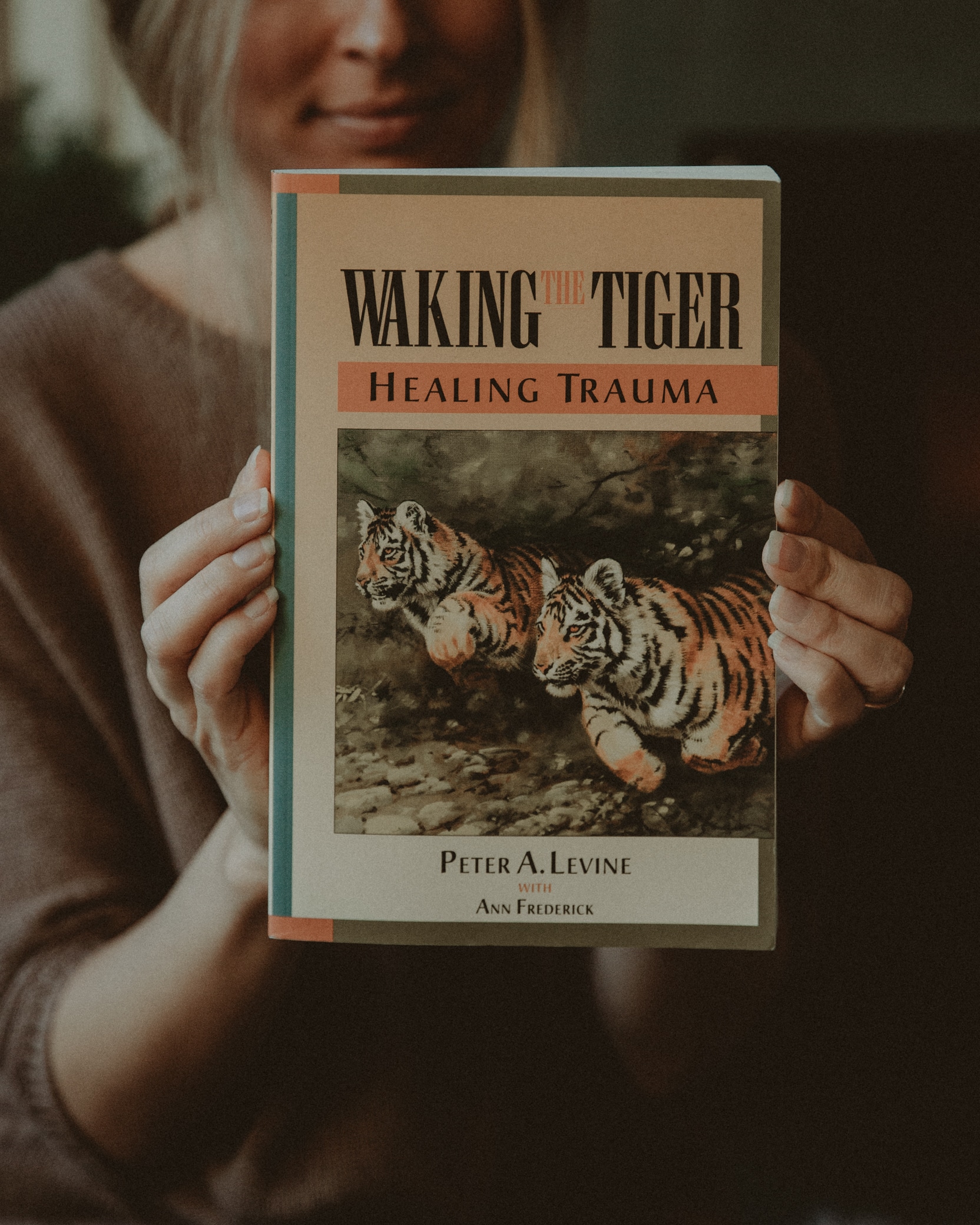
“Because the symptoms and emotions associated with trauma can be extreme, most of us (and those close to us) will recoil and attempt to repress these intense reactions. Unfortunately, this mutual denial can prevent us from healing. In our culture, there is a lack of tolerance for the emotional vulnerability that traumatized people experience. Little time is allotted for the working through of emotional events. We are routinely pressured into adjusting too quickly in the aftermath of an overwhelming situation. Denial is so common in our culture that it has become a cliché.” ―
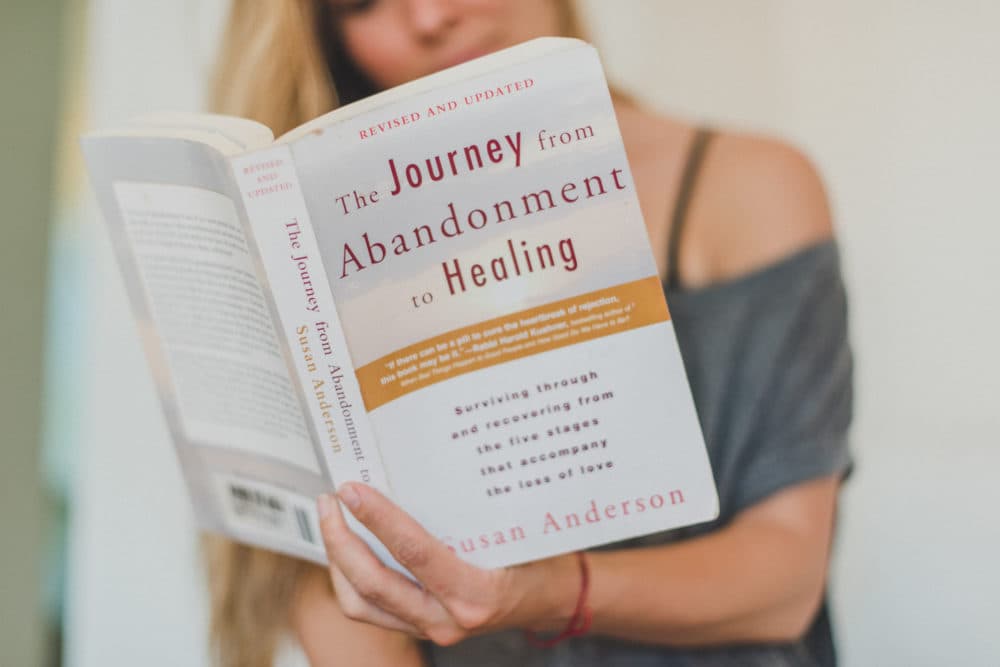
“Your friends and family may wonder how you could want someone so badly who has treated you poorly. What they don’t understand is that your partner’s leaving automatically aroused symbiotic feelings that had been stored deep in your emotional memory. You are left to cope with feelings that stem from psychobiological processes that operate independently of your conscious thought and beyond your immediate control.” – Susan Anderson
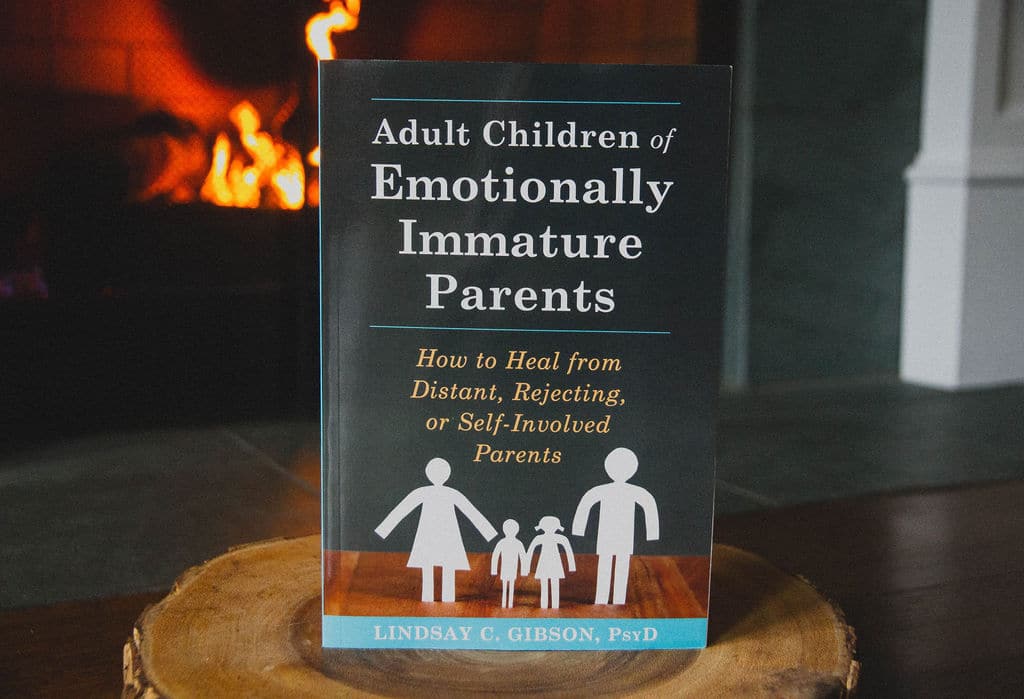
“Emotional loneliness is so distressing that a child who experiences it will do whatever is necessary to make some kind of connection with the parent. These children may learn to put other people’s needs first as the price of admission to a relationship. Instead of expecting others to provide support or show interest in them, they may take on the role of helping others, convincing everyone that they have few emotional needs of their own. Unfortunately, this tends to create even more loneliness, since covering up your deepest needs prevents genuine connection with others.” – Lindsay Gibson
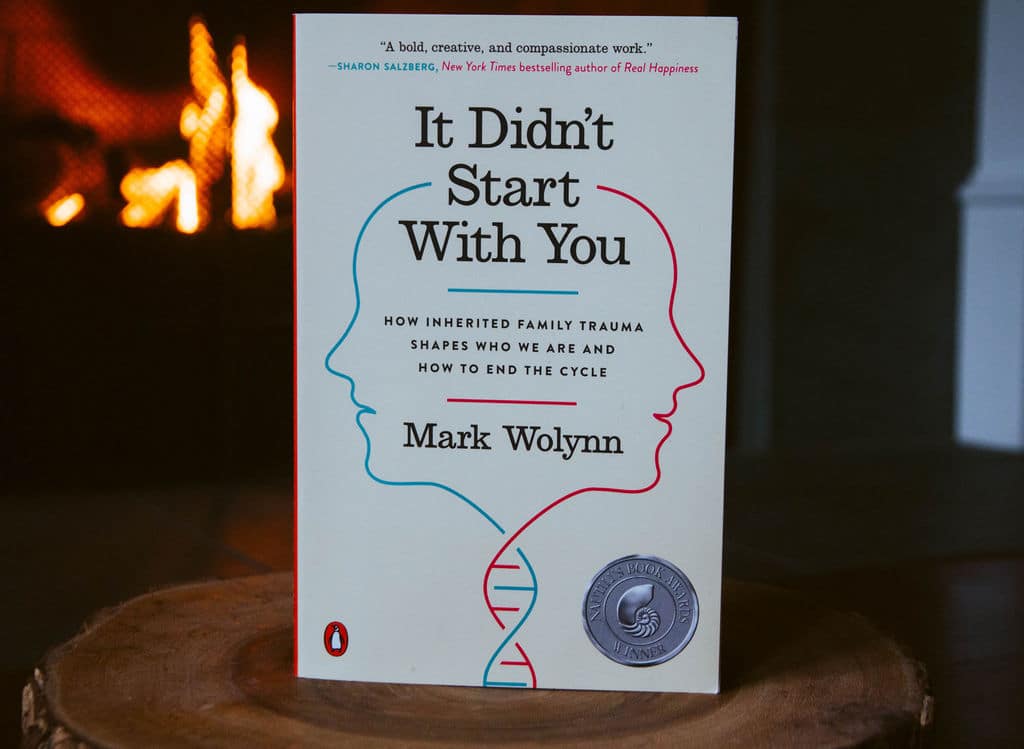
“Remaining silent about family pain is rarely an effective strategy for healing it. The suffering will surface again at a later time, often expressing in the fears or symptoms of a later generation.” – Mark Wolynn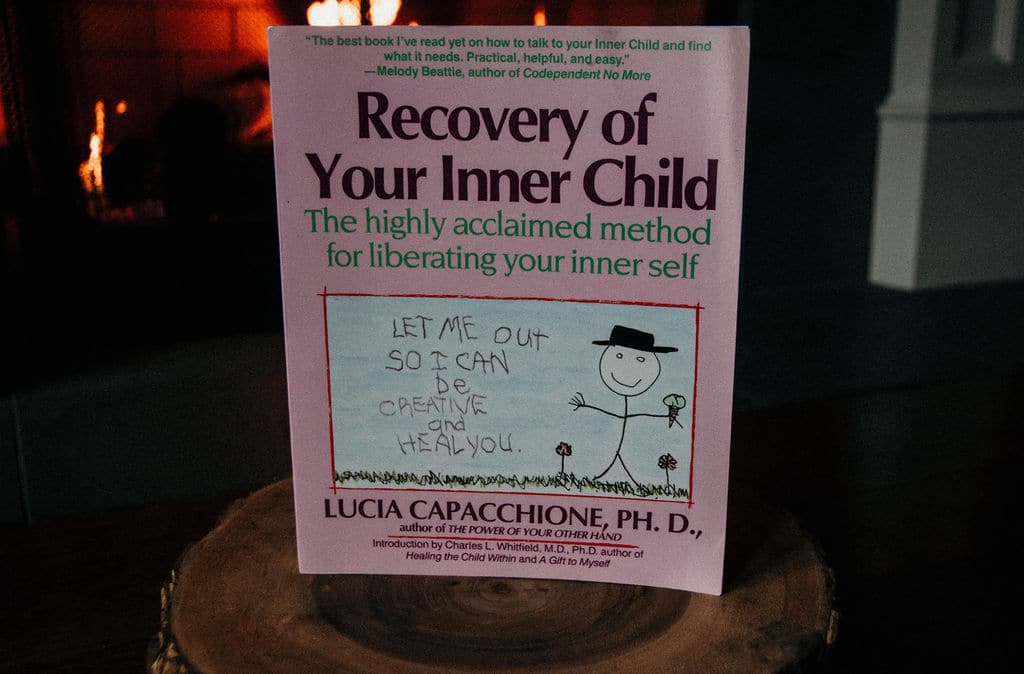
“Good teachers are door openers in to that wisdom you already have inside.” –
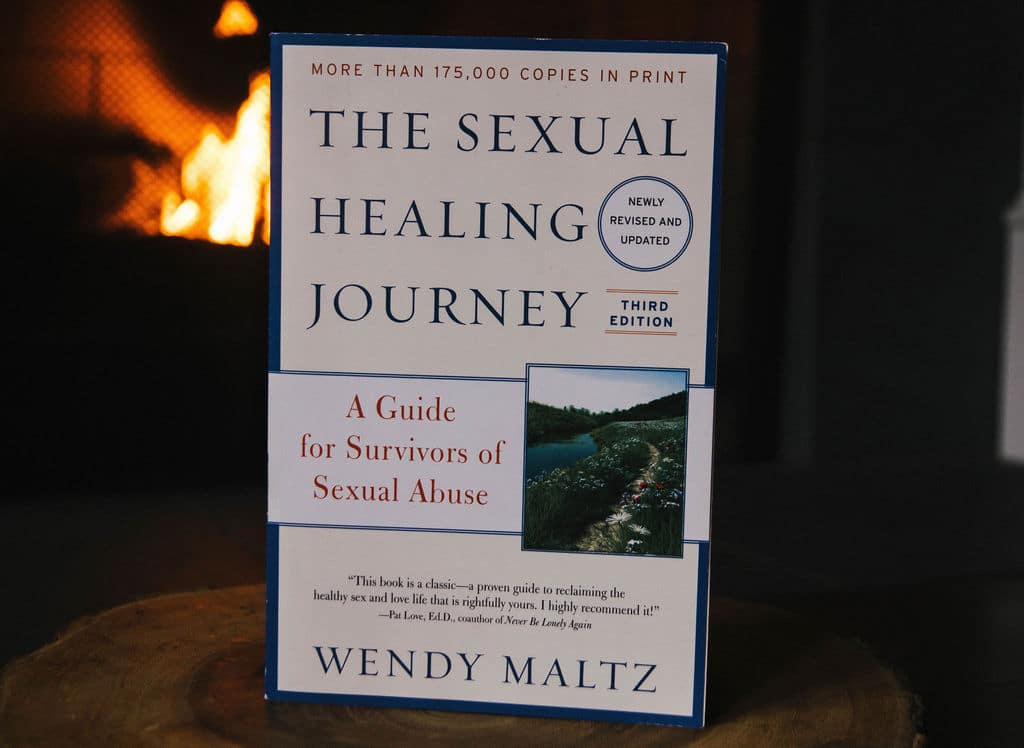
“Sexual healing involves a great deal of unlearning. Along the way, we learn a new way to think, feel, and behave sexually. We need to create goals that respect the time it might take us to integrate smaller changes.” – Wendy Maltz
Have any other suggested reads? Share them with me on Instagram.

I absolutely love turning the results of my book worm nature into service for you. Be sure to check out my other book lists here on Rising Woman. ❤ Shay
16 Book Suggestions for the Empowered Woman
7 Books to Help You Develop a Healthy and Conscious Relationship
And you might find these blog posts useful on your journey…
How to do Inner-Child work for Healing Trauma and Self-Acceptance
Healing from Patterns of Codependency and Love Addiction
Learning to Self-Soothe and Abandonment Wound with Anxious Attachment Style

